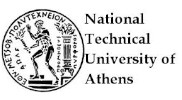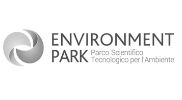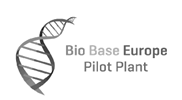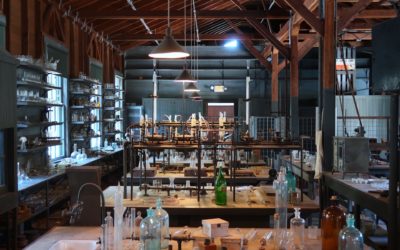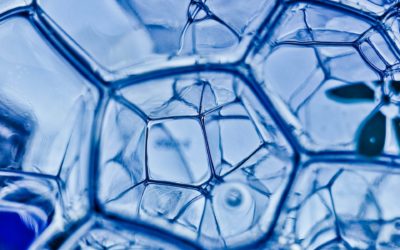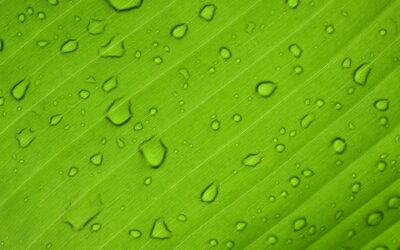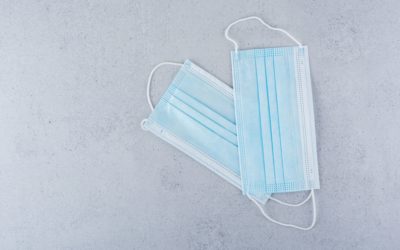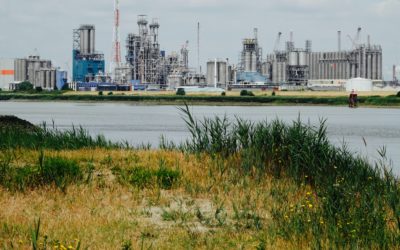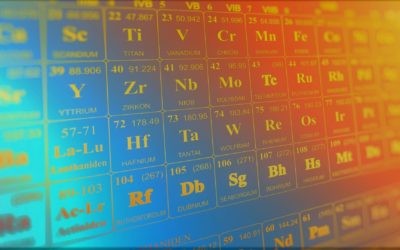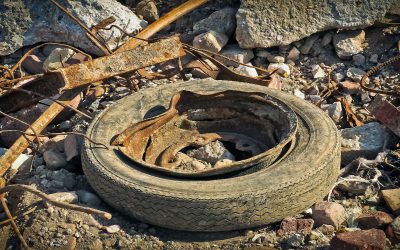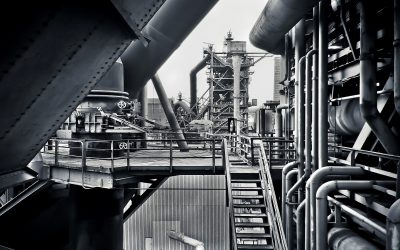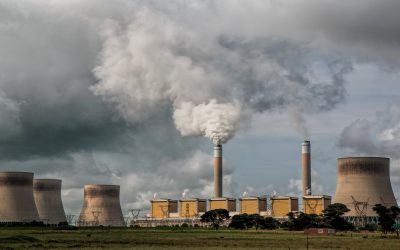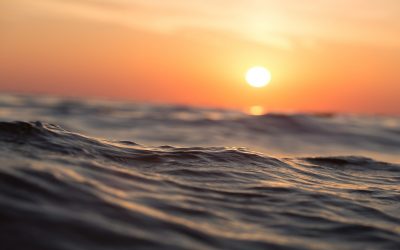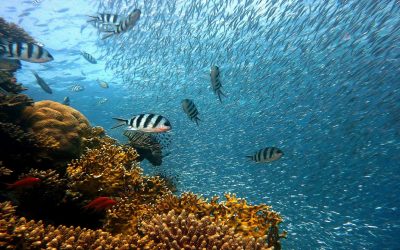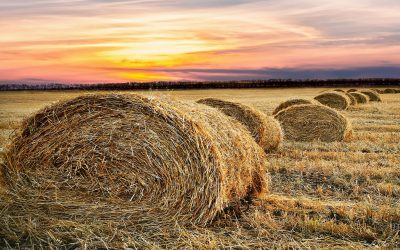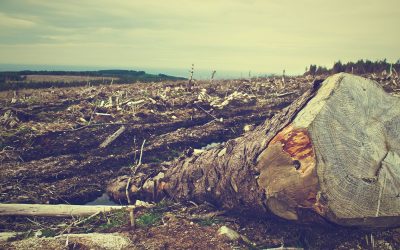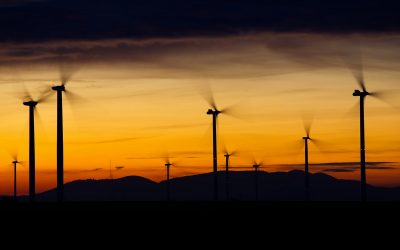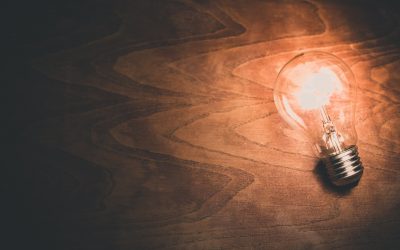CARTIF PROJECTS
BioSFerA
Technology to produce sustainable aviation and maritime fuels
Description
BioSFerA aims to develop a cost-effective interdisciplinary technology to produce sustainable aviation and maritime fuels. The overall process, combining thermochemical, biological and thermocatalytic parts is based on the gasification of biomass and other biogenic waste and the 2-stage fermentation of the produced syngas. Through this process the syngas is converted to acetate (1st stage) and then the acetate is converted to TAGs (2nd stage). The produced TAGs contained medium and long fatty acids are hydrotreated and isomerized after the necessary separation and purification and the end-products are jet- and bunker-like biofuels, respectively. BioSFerA aims to evolve the proposed technology from TRL3 to TRL5.
Objectives
-
Optimization of flexible DGB process for a gas fermentation unit improving conversion and cost efficiency.
-
Construction of microbial strains for acetate production from syngas and lipids from acetate.
-
Determination of the optimum conditions of the novel process at pilot level.
-
Verification of produced hydrocarbons compatibility with aviation and marine standards for drop-in fuels.
-
Develop a versatile value chain for profitable investments around Europe.
Actions
-
Definition of value chain requirements (feedstock selection and fuel characterization).
-
Lab scale biological tests (optimization of gas and liquid fermentation processes).
-
Pilot scale process validation (modification and integration of units, execution of piloting runs at TRL5).
-
Lipids upgrading, final products characterization and quality control.
-
Full chain process model at commercial scale.
Expected results
-
BioSFerA as a fuel for aviation and maritime sectors (> two barrels to be produced).
-
Integration of gasifier with 2-step biological plant and validation at pilot scale (500h operation).
-
Production of advanced engineered bacterial and yeast strains.
-
High conversion rates towards targeted drop-in biofuels.
-
High performance operation with almost any available biogenic feedstock in EU area.
-
Drop-in fuel to feed energy ratio >40% and GHG emissions reduction >40%.
Partners
H2020
H2020-LC-SC3-2019-NZE-RES-CC

Total budget: 4 998 653,75 €
EC contribution: 4 998 653,75 €
Duration: 01/04/2020 – 31/03/2024

Responsible
José Mª Sanz
Division of Agrifood and Processes
Networking
CO2SMOS
CO2SMOS project propose an innovative solution to develop new technologies based on processes for the conversion of biogenic CO2 and renewable raw materials into high value-added (bio)chemical products for chemistry sector and bio-based industries.
Renewable hydrogen and natural gas production and storage
The project focuses on the development of an integrated process for the production of green hydrogen and hydrogen carrier molecules (energy carriers) for use as renewable fuels to replace current fossil fuels.
H2METAMO
H2METAMO focuses on the development of compact and efficient plants for the generation of hydrogen carrier molecules. It has two main lines: one to generate methane and one to produce ammonia.
WoodLi
WoodLi project focuses on the development of bioadhesives for use in the manufacture of wood-based panels used, among others, in the construction sector. The bioadhesive of the WoodLi project will differ from commercial adhesives in that it will be of renewable origin and will not present toxicity problems
VALOMASK
VALOMASK project aims at the design and development of sustainable management of single use face masks in the context of the COVID-19 outbreak. The initiative arise due to the exponential increase in medical waste generated during the pandemic.
FRONTSH1P
Frontsh1p will contribute to further the green transition in the Polish region of Lódzkie. A region that on the one hand, traditionally heavily relies on coal extraction, and on the other hand, has pioneered circular (bio)economy since the early 2000s. The region has always been in the forefront of innovation and has become one of the leading regions in the field of circular economy.
CATCO2NVERS
Reduce GHG emissions from the Bio-Based Industries by developing 5 innovative and integrated technologies based on 3catalytic processes. It will transform waste CO2 from 2 bio-based industries into 5 added-value chemicals: glyoxylic acid, lactic acid, furan dicarboxylic methyl ester…
DELOREAN
DELOREAN aims to obtain new raw materials from the treatment of waste generated in a critical sector in the región, the automotive industry. The three wastes investigated (tires, lubricating oils and polypropylene) are generated in high quantities and their polluting nature makes it necessary to develop new ways for their management and use.
LIFE LANDFILL BIOFUEL
The aim of LIFE LANDFILL BIOFUEL is to demonstrate the technical performance of a cost effective solution based on the implementation of new exploitation techniques of the waste cells to enhance the biogas production
BIOMOTIVE
The BIOMOTIVE project aims to demonstrate the production of new high-performance biomaterials (thermoplastic polyurethane, foams and fibres) for the automotive sector, with the objective of revolutionising the market.
ZEOCAT-3D
The ZEOCAT-3D project addresses the conversion of methane, from natural gas and biogas, into aromatic hydrocarbons of high added value and easily transportable
REPLACE
REPLACE aims at developing new methodologies to try to solve a critical environmental problem, the destruction of plastic wastes proceeding from petroleum.
LIFE BIOMASS C+
LIFE Biomass C+ aims to demonstrate improvements in climate mitigation strategies through the production of sustainable biofuel.
AQUAMUNDAM
AQUAMUNDAM pursues an improvement in the sustainable management of the integral water cycle, for this the development and demonstration of both methodologies and a modular information system that facilitates inter-administrative communication and of different agents with competence in the integral management of water is contemplated
REHAP
REHAP aims to strengthen the European bio-economy industry by creating novel materials from agricultural and forestry waste, and considering how they can be used commercially in the green building sector.
VALOR-PLUS
The VALOR-PLUS supports the realisation of sustainable, economically viable closed loop integrated biorefineries through the development of new knowledge, (bio-)technologies and products that enable valorisation of key biorefinery by-products.
BIOREFINERÍA FT
The FT BIOREFINERY Project consists in developing a technology that allows obtaining 2nd generation liquid biofuels (synthetic diesel) and electrical energy, through the application of gasification and co-gasification processes, of different types of solid and / or liquid waste ( herbaceous biomass, lignocellulosic, glycerin, etc.)
BIORECOS
The BIORECOS Project aims to design and build a demonstration plant of a modular nature that allows, through pyrolysis, the production of charcoal and / or active coal, as well as the generation of electrical energy.



